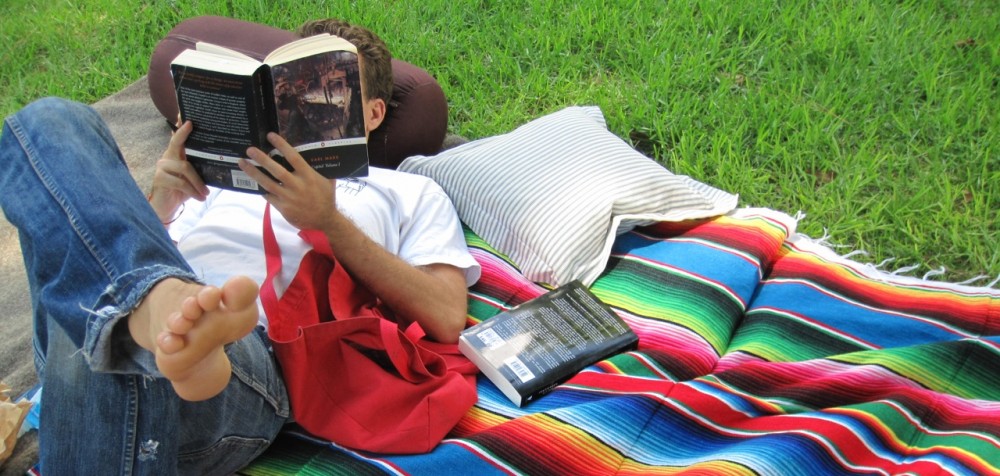That’s Hun Sen’s during the opening of the newly built, Japanese funded Aeon Mall in Phnom Penh. He continued:
Please, all youths, try to work hard for the success of the mall. If Aeon does not make profits, the mall bosses will not increase your salaries…There is no need to protest to destroy the mall … don’t become good at protesting or create any protests that will make Aeon shut down.
By the way he is speaking, Hun Sen seems to believe his biggest challenge to power is the growing generational divide. On one side of the divide, there are the older Cambodians who suffered through the Khmer Rouge and want nothing other than stability, even if it is provided in an authoritarian manner. On the other side are the (mainly urban) youth who grew up influenced by global capitalism—as symbolised by the Aeon mall—and international flows of people and ideas through tourism, global civil society, and the proliferation of the media/internet. The concept of change to the latter group is no threat and in some cases actually cherished. It appears Hun Sen’s strategy to deal with this divide is to latch on to a consumer culture as a way to depoliticise youth.
But will it work? As I pointed out in an earlier post, the diversity of people I witnessed protesting suggests the problem may be larger than a generational divide. Three years ago, in a small village in north east Cambodia, an elderly woman handed me a flier promoting Sam Rainsy, who at that time was in self-exile in France. She said in hushed tones so as not to be heard by others, “He’s going to come back to Cambodia and save our country.” When I asked if her neighbours would be upset hearing her say this, she replied that everyone in the village thinks this. It’s just that no one feels comfortable saying these things because someone from the ruling party may overhear and inflict punishment. Three years later, many people from that same village are joining the protests against the ruling party.
Political movements don’t happen in an instant. It is small incremental changes to the situated lives of local people that collectively propel political movements forward. This history slowly produces an environment where a “flash point”—like the assassination of Archduke Franz Ferdinand or Rosa Parks’ refusal to give up a seat to a white woman—could galvanise enough of the country to forego the purchasing of goods at Aeon Mall and embrace instability in the prospect of profound societal change.
